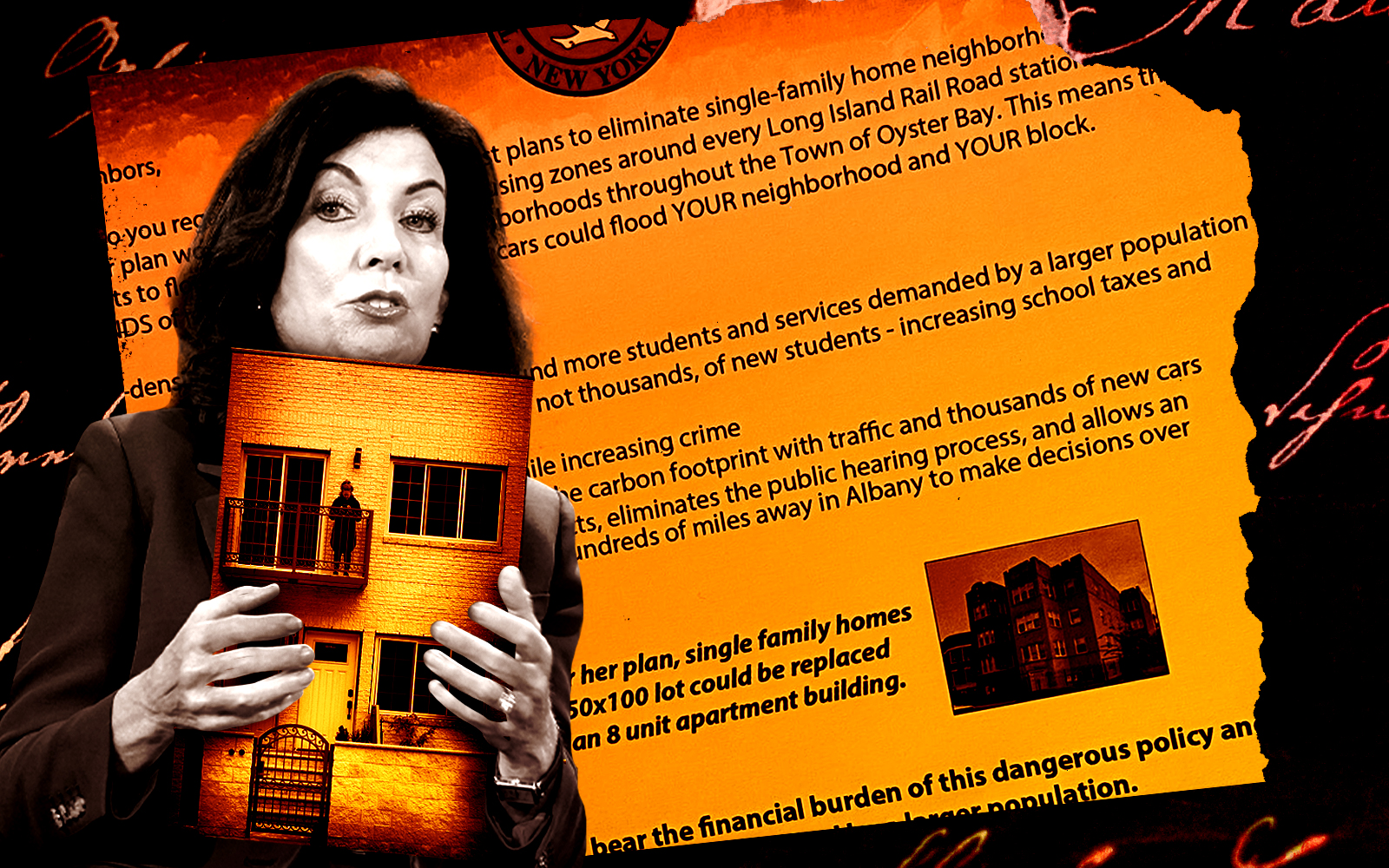Based on my three-plus years at The Real Deal and 30-plus years in community and business journalism, I would like to offer this expert insight: Housing developers get a lot of flak.
I’m being facetious, obviously. It’s common knowledge that activists, politicians and ordinary people fight residential projects at every turn. They rarely fight office projects. Lo and behold, we have a housing shortage and an office glut.
Opposition to housing is so routine that we take it for granted. But step back and think about the folks who build it for a living. In what other profession do people routinely try to stop you from doing your job?
There are a few. Products that kill people, such as firearms and tobacco, and controversial services, such as abortion and gambling, draw their share of protesters. So do waste transfer stations, homeless shelters and, recently, warehouses.
But homes? Homes are not guns. Homes are not cigarettes. Homes are not toxic waste dumps.
Yet when developers propose housing, arrows are unleashed at them — by people who live in housing built by developers. It’s a remarkable combination of overreaction and hypocrisy.
Sometimes residents of towers oppose new towers to protect their views, and owners of suburban homes with two-car garages protest new suburban homes because they will increase traffic.
Sometimes the hypocrisy is more subtle: We object to these apartments because they are not houses like ours. Or, We object to these houses because they are bigger than ours.
Often class and race come into play: We oppose this project because its residents will be richer or poorer or a different color than we are.
Unfortunately, for every media story about how fears of affordable housing proved totally unfounded, there are 10,000 about people voicing such fears. Controversy is news; lack of it is not. Journalists cover plane crashes, not landings.
Some housing should be stopped. Certainly we shouldn’t replace woodlands and water-starved landscapes with suburban sprawl. However, more often the housing fights seem to be about apartment buildings near mass transit. The opposition complicates what is already a complex, capital-intensive, high-risk endeavor where profits take years to materialize, if they ever do.
The visceral reaction triggered by the prospect of new housing is especially problematic when sustainable, socially beneficial projects are opposed — and particularly galling when the opponents are people whose own housing is neither sustainable nor socially beneficial.
For responsible developers, that has to be frustrating. It’s part of the job, but it shouldn’t be.
Read more



